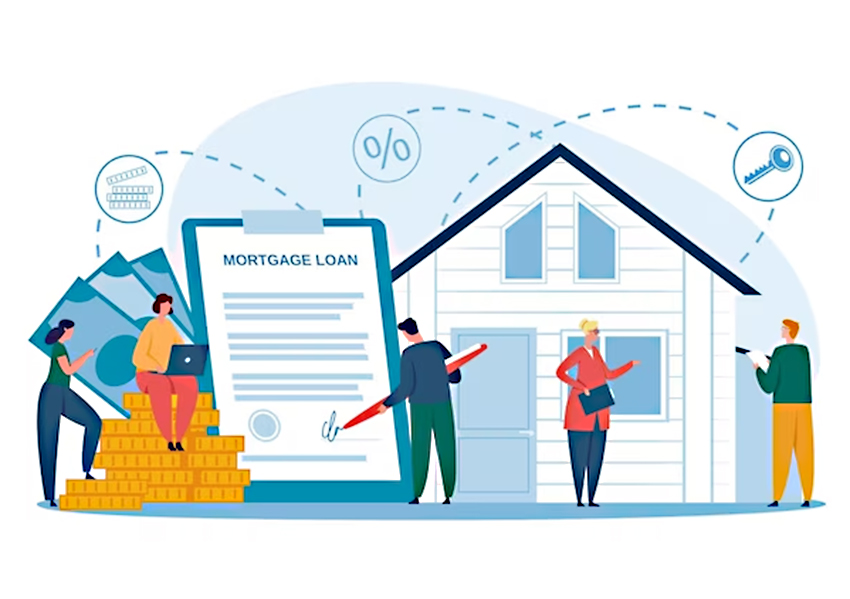Paying off your dwelling loan often referred to as a mortgage, is a significant financial milestone that many homeowners aspire to achieve. It brings with it a sense of security, eliminates a major debt obligation, and opens up new possibilities for your financial future. However, before you make the decision to pay off your home loan early, it’s essential to consider several important questions that can help you determine if it’s the right move for your unique circumstances.
1. What’s the Interest Rate on Your Mortgage?
The first question to ask is about the interest rate on your dwelling loan. Mortgage interest rates can vary widely, and if you have a relatively low-interest rate, it might be beneficial to keep the loan and invest your money elsewhere, where it could potentially earn a higher return. On the other hand, if your interest rate is high, paying off the mortgage early can save you a significant amount of money in interest payments over the life of the loan.
2. Do You Have High-Interest Debt Elsewhere?
Before you rush to pay off your mortgage, consider your overall financial picture. If you have high-interest debts, such as credit card balances or personal loans, it may make more sense to tackle those debts first. High-interest debts can quickly erode your financial stability, so prioritizing them over your mortgage may be a more prudent strategy.
3. What Are Your Financial Goals?
Your financial goals play a crucial role in the decision-making process. Consider what you hope to achieve in the short-term and long-term. Are you saving for retirement, planning to send your children to college, or building an emergency fund? Assess how paying off your mortgage aligns with these goals. Sometimes, diverting extra funds toward investments or other financial goals can be a more strategic move.
4. Do You Have a Comfortable Emergency Fund?
An emergency fund is a financial safety net that can help you weather unexpected expenses, such as medical bills or home repairs, without resorting to high-interest debt. Before you pay off your mortgage, ensure you have a comfortable emergency fund in place. Experts recommend having three to six months’ worth of living expenses saved. Having this financial cushion can give you peace of mind and financial security.
5. Will Paying Off the Mortgage Affect Your Tax Situation?
The tax implications of paying off your mortgage can vary depending on your individual circumstances and the tax laws in your country. In some cases, mortgage interest deductions can provide valuable tax benefits. Before you make any decisions, consult with a tax professional to understand how paying off your mortgage may affect your tax situation.
6. Can You Afford to Make Extra Payments?
Paying off your mortgage early often involves making extra payments on top of your regular monthly mortgage payments. Evaluate your budget and cash flow to ensure you can comfortably afford these additional payments. Overextending yourself financially to pay off your mortgage may not be a wise decision.
7. Are You Planning to Move Soon?
Consider your plans for the future. If you anticipate selling your home and moving in the near future, paying off your mortgage might not be the most advantageous choice. Instead, you could use the extra funds for the down payment on your next home.
8. What Are Your Feelings About Debt?
Lastly, consider your personal feelings about debt. Some individuals find peace of mind and financial freedom in being debt-free, while others are comfortable with manageable debt and prefer to invest their money elsewhere. Your emotional comfort with debt should factor into your decision-making process.
In conclusion, paying off your dwelling loan is a significant financial decision that requires careful consideration. By asking yourself these essential questions and evaluating your financial goals and circumstances, you can make an informed choice that aligns with your long-term financial well-being. Remember that there is no one-size-fits-all answer, and what is right for one homeowner may not be the best choice for another.




